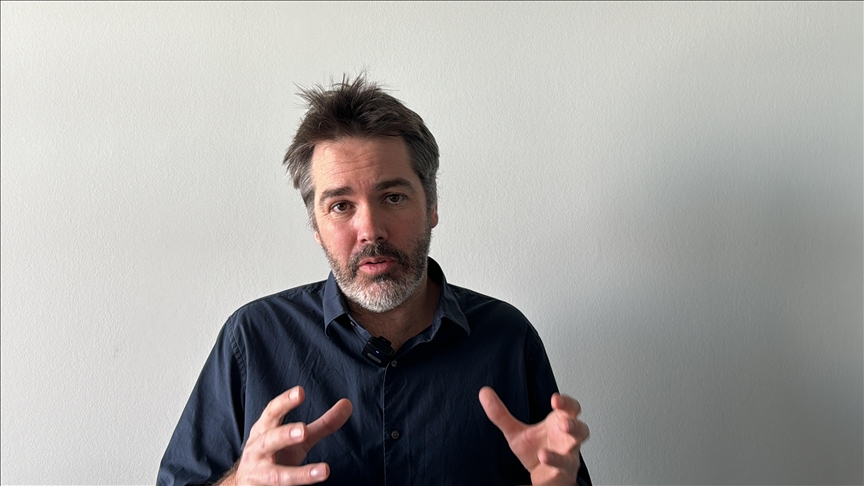Last Minute Differences Delay Signing Iraq Interim Code
"The Islamic Shiite parties, as usual, they have some last finalizing points," Mahmud Othman, a Kurdish representative of the U.S.-appointed Iraqi Governing Council, told Agence France-Presse (AFP).
"They have some points, I think they are sorting them out," he said. "I hope it won’t be delayed."
He declined to say what problems were being discussed.
It was not clear how long the signing ceremony, already pushed back from Wednesday out of respect for more than 180 people killed in bombings at Shiite shrines in two cities a day earlier, would be delayed.
Officials from the U.S.-led coalition appeared to be in the dark.
"I don’t really know what happened, I believe it’s a logistics issue getting all 25 members together," a spokesman said. "I still think it will take place today, we’re just a bit delayed."
A Sunni Muslim member of the Council, Nassir al-Chaderchi, said: "There are discussions taking place; some parties want to amend the text."
Othman said he was disturbed that new points had been raised even though the document was officially agreed upon in the early hours of Monday after days and nights of political wrangling.
"When this document was issued on Monday morning it was universally agreed on and applauded," he said.
A senior U.S. official said the leaders had been meeting since midday to discuss problems that had cropped up over the past 24 hours and that despite the delay they seemed determined to quickly resolve their differences.
"We are waiting for them to decide how they want to go forward. I think that they seem pretty determined to work through this problem and they are working through it rather ambitiously," he said.
He did not say whether the ceremony would be cancelled, adding that any such decision would be up to the council to make.
The interim constitution, due to come into force on July1 , is aimed at seeing Iraq through a transitional period, including elections, and into next year.
It will establish a federal state in which Islam will be a source of legislation, but not the basis for it.
Tight Security
Meanwhile, extra checkpoints were set up and security forces deployed in force around Saddam Hussein’s former assembly complex.
On the eve of the signing, a senior occupation official referred to a potential threat hanging over the ceremony.
"We remain concerned about all leaders inside of Iraq being targeted … Tomorrow could be a key target (for an attack)," he said Thursday.
Hours before the ceremony was to get underway, a number of mortar rounds hit the northern part of Baghdad International Airport, now a U.S. base. A military spokesman said there were no casualties.
"Six to eight 60 mm mortar rounds landed in the northern part of the airport between10 : 15and10 : 30am ( 0715and 0730 GMT)," the spokesman said.
Other unexplained blasts were heard around the capital, the scene of some rocket attacks in the past 24 hours.
U.S. officials have named Jordanian Abu Mussab al-Zarqawi and Osama bin Laden’s Al-Qaeda network as prime suspects in Tuesday’s bombings, Iraq’s worst day of violence since the fall of Saddam.
During Friday weekly prayers, Iraqi scholars, however, have almost unanimously put the blame on U.S.-led occupation forces, accusing them of failing to deliver any of the pre-invasion promises.
Despite the dangers, members of the Council, who represent Iraq’s diverse ethnic and religious communities, had been determined to sign the basic law.
Comprising more than 60 articles, the basic law enshrines values like freedom of speech and religion and is a big step in clearing the way for a June 30 transfer of sovereignty from the coalition to an interim Iraqi authority.
Its text sets a timeline for direct elections before January31 , 2005 and lays out the framework of a transitional parliament, which will draft a permanent constitution before another general election.

